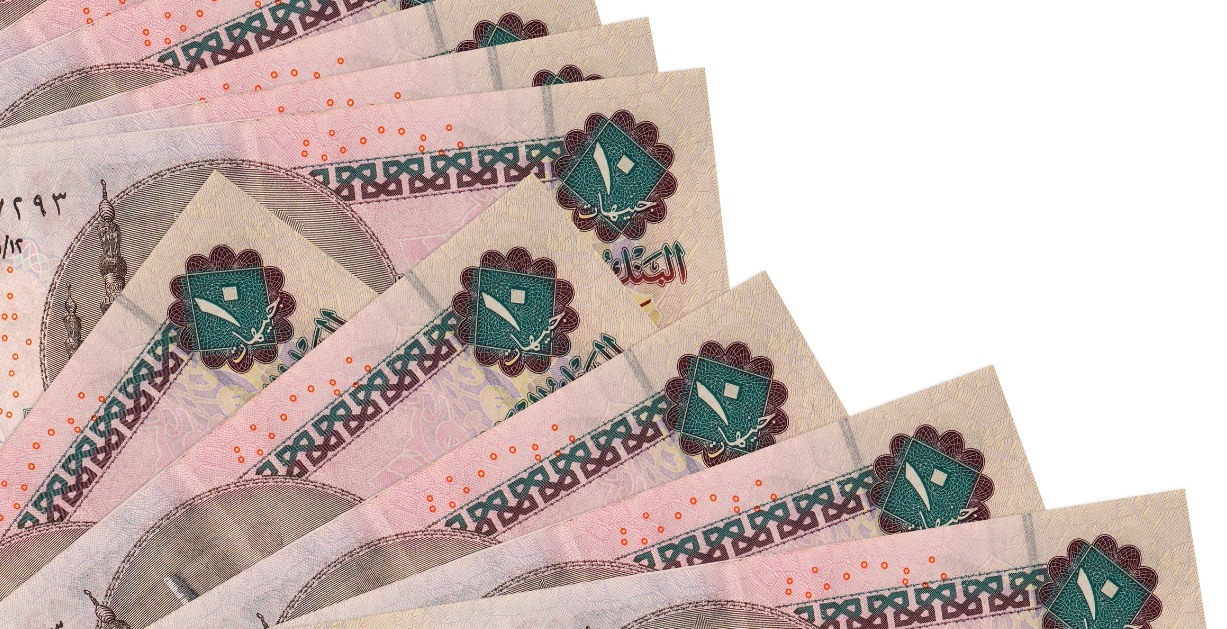Foreign debt has supported Egypt's international liquidity. But the normalization of the debt market in developed countries accentuates the risk existing on its currency. The practice of high interest rates is risky, with possible perverse effects for the country.
Risks weigh on the value of the Egyptian pound, in a context where the Central Bank of the United States and that of the euro zone are examining the possibilities of buying back bonds issued by the States under their jurisdiction.
In Europe, the general rise in prices in the economy (inflation) reached 3% at the end of August 2021.
This is its highest level in the last ten years. In the United States, too, the upturn in inflation is noticeable.
This indicator plays an increasing role in the public finances of modern economies. Over the past 10 years, the central banks of these two most powerful economies in the world have tried to bring inflation back by buying back bonds issued by countries on the secondary market.
The aim is to prevent the spread of negative rates, a situation in which holders of capital paid borrowers to give them money. It is the result of low inflation which pulled interest rates down.
At the peak of this period of low interest rates, in Europe and the United States, investors looked for new niches of profitability, and countries like Egypt offered opportunities for profit.
The country needed liquidity in foreign currency to support difficult reforms imposed by the International Monetary Fund (IMF). Among other solutions, its leaders opted for bonds issued in local currency, but with high rates of return, despite high inflation.
During the period when the country was ruled by the Muslim Brotherhood, the external situation of its economy deteriorated, and the foreign exchange reserves which serve as payment in foreign markets fell by almost 50%. There had to be enough incentive to attract foreign capital. The result was positive and the effect of covid on bond markets in developed countries maximized the interest of foreign investors.
According to calculations by S&P Global Ratings, the outstanding amount of bonds issued in Egyptian pounds and held by foreign investors fell from $ 10 billion in June 2020 to $ 30 billion as of August 31, 2021. The flip side in this situation c ‘ is that with the normalization of rates in the European and American markets, investors can express the need to withdraw their capital from Egypt and reinvest it in what are considered to be “safer investments”.
The only weapon the country has today to maintain these investors is interest rates. Egypt is quite generous even among emerging countries like Ghana, South Africa, or Kenya. But this high cost of debt is already beginning to threaten the country’s fiscal policy. Interest payments on debt have averaged 45% of government revenue over the past five years, and at S&P Global Ratings this is expected to approach 50%.
Countries like Nigeria have experienced the effect of seeing real yields on bonds decline. In Africa’s most populous economy, the price level has risen, and as a result, the yield on one-year bonds has turned negative. The sanction was a reduction in the country’s imports of capital, resulting in a loss in the value of the currency. Egypt could face this type of arbitration in the near future.
The additional financing needs for its budget are in the order of 30 to 40% of GDP according to Moody’s. However, if the debt service continues to increase, according to analysts, it could increase the pressure on foreign exchange reserves and therefore the stability of the Egyptian pound.
At the end of July 2021, these reserves were estimated at $ 40 billion by the Central Bank of Egypt. This has been a stable level since the start of the year, but it is $ 5.5 billion less, compared to the peak reached by this indicator at the end of February 2020.











Réagissez à cet article